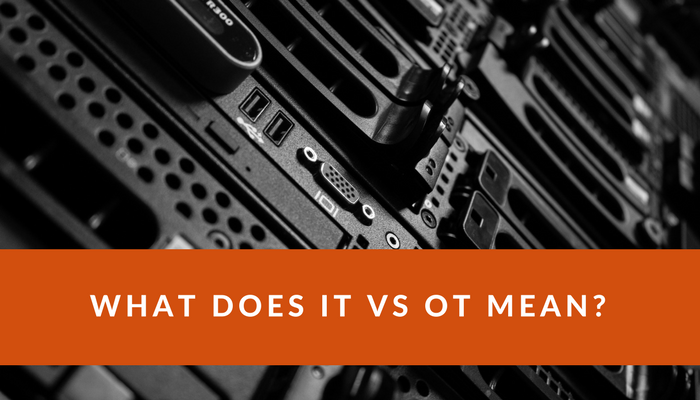Take a look around the Internet and you'll see a ton of "thought-leadership" around the topic of smart buildings. It seems like everyone has the "Skynet" of buildings, yet here you are, everyone's advancing and yet your building is still... how do I say this... stupid...
Why is that? You've installed the smart systems. You've contracted with leaders in the smart building space, you hired the best consultants out there. Yet at the end of the day, your building is no smarter than a Commodore 64.
Or maybe you're sitting in an existing building, with no budget to send your building back to school. You're barely making ends meet, your operational budget is shrinking and you can't afford to train your staff.
Regardless of your situation, there are 5 signs that indicate whether your building is going to be "smart" or "dumb"...
#1 You have no outcome for your building technologies
There's a saying if you don't know where you're going, any road will do. I think that came from Alice in Wonderland but I'm not certain. The point is, you need to have a clearly defined outcome for the technologies you are putting in place.
I've seen technologies and integration installed time and time again. And when I would visit the building 3 years later the technology didn't work. One example was an airport that had the flight tracking, BAS, lighting, and digital signage integrated. The folks who operated the building didn't know why they had this integration or what it achieved.
So they didn't maintain it, and 3 years later a software upgrade broke the integration and everything was running in manual 24/7. Why? Because they didn't understand the outcome.
#2 Your building hasn't been upgraded since the 1980's
Us building professionals, especially building automation professionals are a frugal bunch. We wear our frugality almost as a badge of honor. We are used to bragging about how great our pre-cold war building systems run.
Ok, maybe it isn't that bad, but the truth is somewhere in between. We often subscribe to the philosophy that "if it ain't broke, don't fix it" but therein lies the rub. A horse and carriage wasn't broke, it worked great. But it wasn't efficient.
The same can be said about building systems. If you can't even remotely access your BAS or you are afraid to touch the BAS server because you're not sure you can find a replacement for the Windows 3.1 machine that run's your BAS you may have a problem!
#3 You use the plan and spec process and your favorite phrase is value engineering
Oh my goodness, how much do I hate the value engineering process, let me count the ways. Look I get it, the cookie cutter building for the rent-a-plex office park does not need to be super fancy. So there is a time and place for value engineering.
But value engineering and the plan and spec process do not a smart building make, yes that was some Yodaish English right there...
The reality is that if you want a smart building you really should be looking at the integrated project delivery process or at least the design-build process. But you can't go and value engineer any complexity or technology out of a building and expect it to be smart.
It's like going to the cat lot buying the Ford Fiesta downgrading every option and then expecting to go out and win a street car race. It's simply not going to happen...
#4 You think technology will solve everything and don't invest in your people
Let's say you're one of the rare sets of folks who actually invest in technology. You purchase every whizbang gadget that comes out. You're super proud of your analytics solution. All of your systems are integrated and simply badging into the building triggers a huge set of automated actions in your other building systems.
That's great right? Well, it depends. All too often when folks go far down the technology path they pull away from the people path. And therein lies the rub. Despite all the talk of AI and predictions of the rise of man killing machines, most computers are still pretty dumb.
They just do what you say and that's it. All it takes is one minor shift from the conditions that your machines have been programmed for can set everything in a tizzy. That's why there must be investments in your people. If you're facilities engineers can barely login into a computer and your technicians can't describe what an IP address is and how it works then you're in for a world of hurt.
#5 You are getting offended that I keep saying you in all these reasons and want to blame someone else
If you (emphasis intended) don't own the smart building process, you will get a dumb building. In all of the reasons mentioned earlier you (the facility owner, the account rep, the technician) you can speak up and encourage the use of technology for improved outcomes (good god, that just sounded like the market phrases I hate so much)...
But seriously, if you have no outcome defined (see step #1) and you refuse to own your part in this process nothing I say will matter.
Conclusion
In my next article, I'm going to address how you can deal with each one of these challenges. But until then I want to know what you think is keeping YOU from delivering or having a smart building. Sound off in the comments below!





